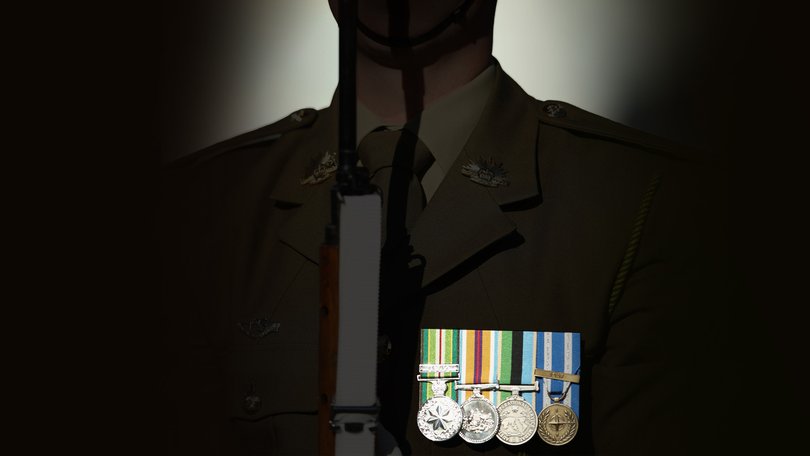Australian Defence Force veterans’ leading cause of death revealed as suicide, according to new AIHW study
A new study has cast a grim light on the leading cause of death among Australian Defence Force veterans.

Suicide is still the leading cause of death among Australian Defence Force veterans, damning new data has revealed.
A study by the Australian Institute of Health and Welfare found that suicide accounted for 42 per cent of deaths among male veterans and 44 per cent of deaths for female veterans.
That was among those who died aged under 30 between 2021 and 2023.
Sign up to The Nightly's newsletters.
Get the first look at the digital newspaper, curated daily stories and breaking headlines delivered to your inbox.
By continuing you agree to our Terms and Privacy Policy.That is compared to 30 per cent of males and 22 per cent of females aged under 30 in the general population.
Between 1997 and 2023, 1840 serving and ex-serving ADF members died by suicide. Of these deaths, 73 occurred in 2023.
Paul Pham, the head of AIHW’s defence and veterans unit, said suicide had a profound and lasting impact on loved ones.
“It deeply affects families and loved ones and sends ripple effects throughout Australia’s defence and veteran community,” he said.
“‘This ongoing body of work aims to inform improvements in suicide awareness and prevention for ADF personnel and their families.”
The data did, however, show that suicide rates for for ex-service men and women have declined since the mid-2010s.
“It is a good sign that the rate of suicide for ex-serving male and females hasn’t been increasing,” Mr Pham said.
“The goal is always to try and observe these things going down (but) veterans suicide remains an issue of concern in the Australian community.”
The majority of ex-serving ADF members who died by suicide had sought help for their mental health battles.
In the year before their deaths 86 per cent of those who died had accessed mental health services.
For a third of those mental health treatment was listed as the last type of care used.
The study found it was common for veterans to admit themselves to hospital or present to the emergency department for help as well as access medicare services or Department of Veterans’ Affairs-equivalent services.
“I think monitoring the numbers by themselves is an important baseline to know what’s happening but that next step is to identify potential opportunities,” Mr Pham said.
“Particularly with our stakeholders who use the information to inform their work in terms of delivering programs, providing support and looking into policies that better support veterans and their families.
“We are really building that evidence space to understand what’s happening.”
- Lifeline 13 11 14
- Beyond Blue 1300 224 636
- Open Arms 1800 011 046
